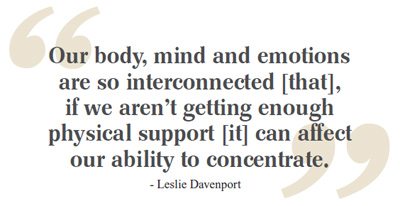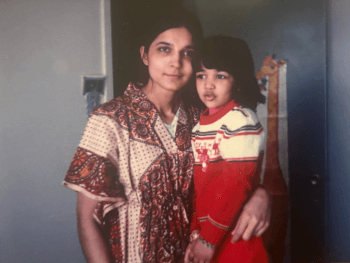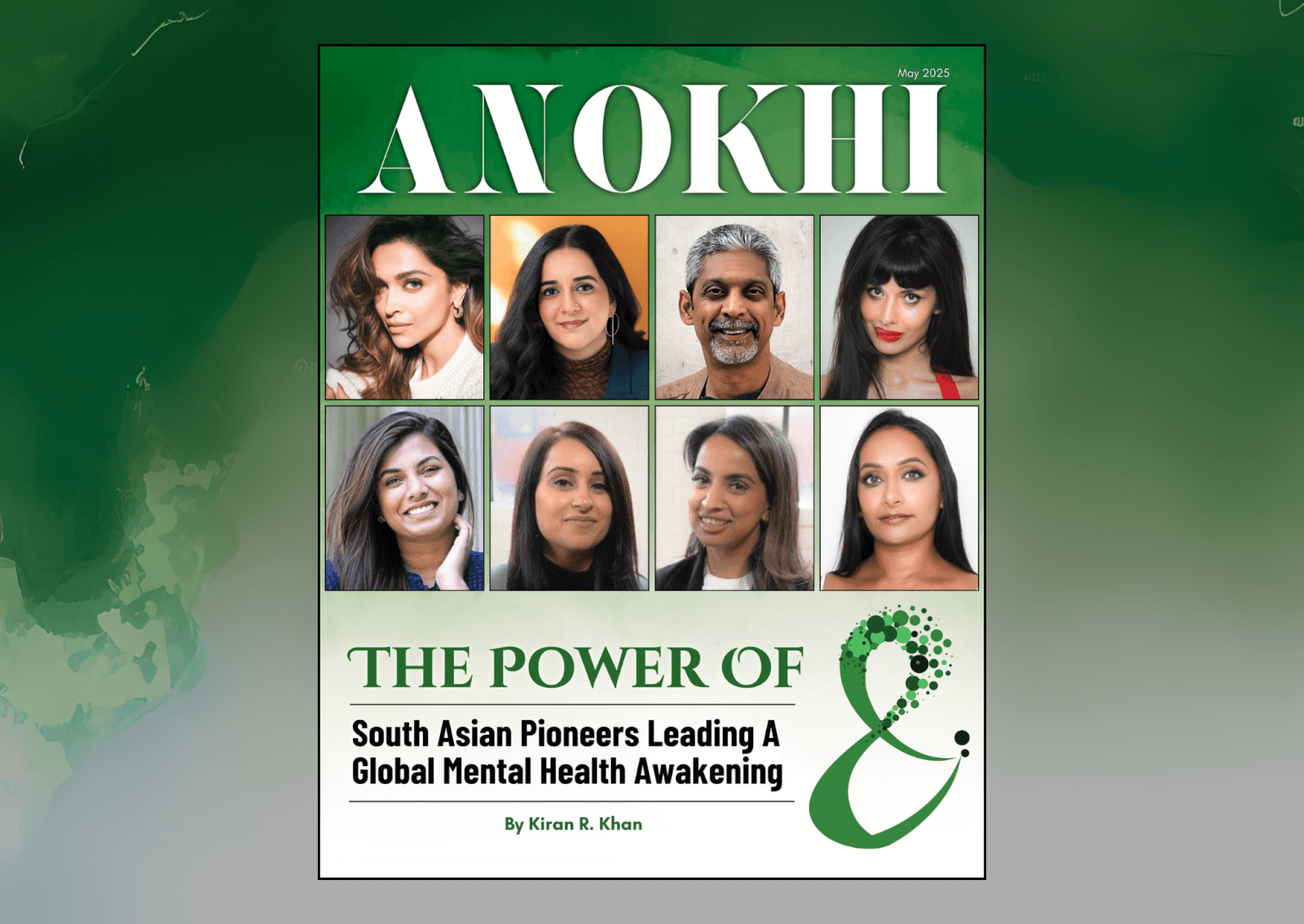
Examining the effects of mental fatigue
When I initially enrolled in school full-time, I thought it would be easy. I was working part-time which gave me the flexibility to attend day classes, plus I had days off to recuperate. When the year came to an end, I thought great; I have time to catch up on housecleaning, missed appointments, and visit friends and family. What I did not expect was to be “tapped” out mentally. As a result, I realized some lifestyle changes had to be made.
At some point in our lives we will experience an arduous task or event. While some of us can take time off to focus, most of us are required to find ways to manage the daily grind of school, work and family. Recognizing the signs and symptoms of mental fatigue is essential in preventing unwanted health issues.
WHAT IS MENTAL FATIGUE?
Mental fatigue is caused by extended periods of demanding cognitive activity, lack of sleep, poor diet, or dehydration. “Our body, mind and emotions are so interconnected that, if we aren’t getting enough physical support, it can affect our ability to concentrate,” says Leslie Davenport author of Healing and Transformation through Self- Guided Imagery. Davenport explains mental fatigue as an ailment of the present time in which we continue to receive myriad information – so much so that it affects our ability to process it as fast as it’s retained. “It’s kind of a river that is too big for its banks, and so it tends to flood,” says Davenport. Identifying the cause of mental fatigue provides the opportunity to reduce or manage symptoms in a constructive way.
INFORMATION OVERLOAD
Performing mundane tasks on a daily basis, taking in negative energy from chronic complainers, or being caught up in the goal to succeed are just a few examples that contribute to mental fatigue. It is never easy to say “no,” but understanding when our mind requires nourishment is vital. “We tend to be creatures of habit, including mental habits,” says Davenport. “I would say people who are most prone to worrying, or have gotten into the habit of juggling many things. In a way, it’s sort of common sense to know that, the more you do, it’s going to affect you”.

LACK OF FOCUS
Pulling “all-nighters” to complete an assignment or experiencing sleepless nights due to worry: It’s safe to say we have all dealt with this at some point. When lack of sleep becomes a pattern, the ability to make sound decisions is hindered. “Although mental fatigue and sleep deprivation are somewhat different phenomena,” says Phillip L. Ackerman, a professor of psychology at The Georgia Institute of Technology, “people who have accumulated sleep debt will find themselves to be more mentally fatigued than people who have no sleep debt.”
POOR DIET & EXERCISE
Implementing daily physical activity not only boosts energy levels, it is also important to maintain a healthy diet, as lack thereof will leave you feeling sluggish as the day carries on. “There are a lot of simple do-it-yourself tools people can do.” says Davenport. “Basically what we want to do is interrupt that ‘pushing’ momentum.”
Breath Work – Find a quiet place where you can take three to five minutes to focus on breathing techniques. “Breath work, in particular, is incredibly powerful because it’s tied to our nervous system.” Davenport explains. “Three minutes of full conscious breathing, and keeping your mind focused on your breaths, can make a dramatic shift in your whole chemistry and give your mind a rest.”
Love Blasts – Visualizing a close relationship with a family member, spouse/partner, or pet, enables us to release a group of hormones called endorphins. “When you do, it makes you feel good,” says Davenport. “Again, our lives and bodies are so interconnected that it releases a cascade of emotions.” In return, this is a great form of relaxation.
Qigong Breath – This is an alternate form of Tai Chi involving breathing techniques in a form of mediation and movement. Davenport provides three descriptive steps to follow:
- Stand with your feet hip-distance apart, knees relaxed, arms at your sides. As you inhale, slowly raise your arms to the sides, palms up, until they are overhead. Imagine that you are gathering the energy of the earth, then the sky in your hands.
- Then exhale as you lower your hand, palms down in front of you. As you exhale, visualize all the natural energy flowing through you like gold light, cleaning, relaxing and vitalizing your body, mind and emotions.
- Continue for three minutes. If you are in a setting where you can’t do the movement, do the breath practice and imagine the movements.
No one said taking the necessary steps to build a healthy lifestyle would be easy. It is best to keep in mind that you are a human being and not a machine. Finding a sense of peace within ourselves ensures we are taking the necessary steps to a balanced life.
BY TESSA JOHNSON / PUBLISHED IN THE FASHION & STYLE ISSUE, OCTOBER 2012


















































































































